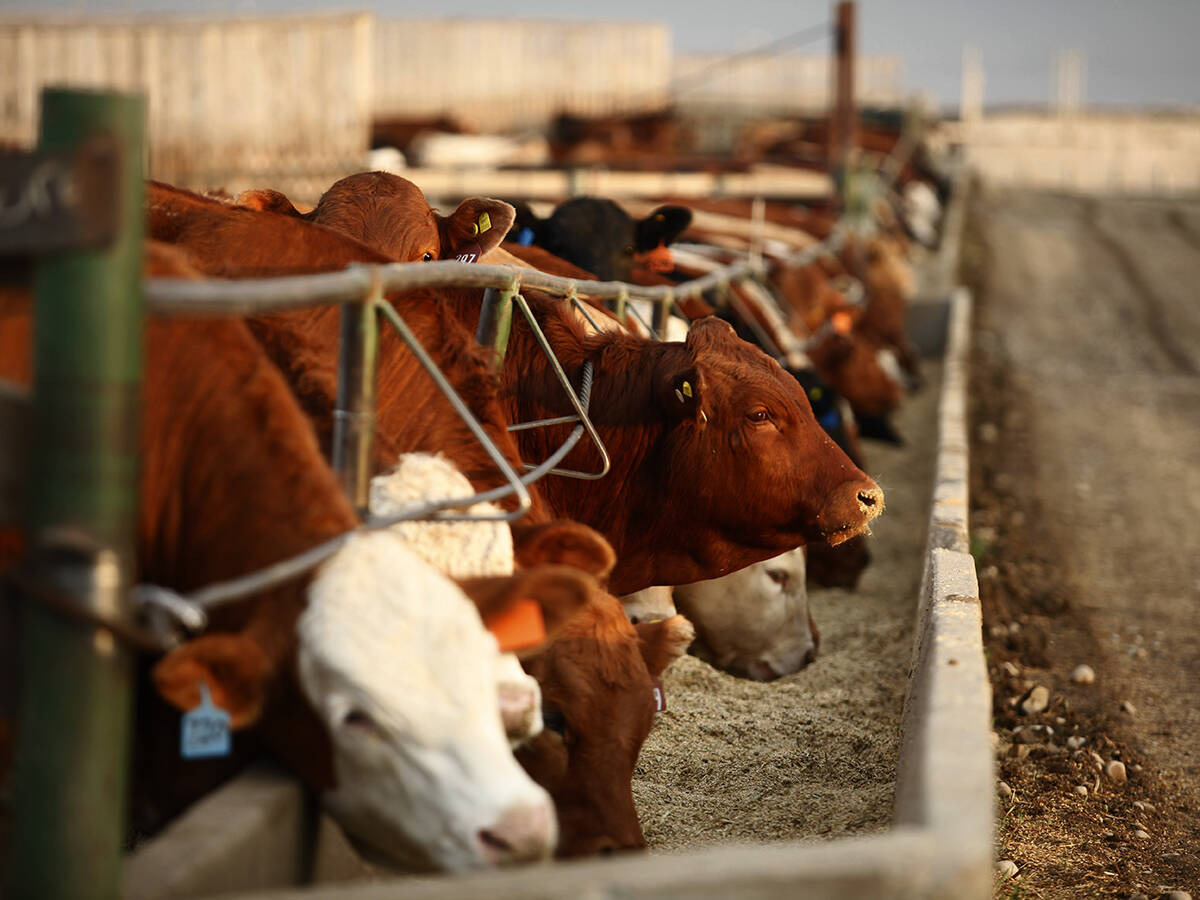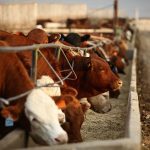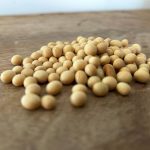Chicago | Reuters – U.S. corn, wheat and soybean futures plummeted on Thursday, as investor fears of an economic downturn and improved sentiment over U.S. crops shifted attention from war disruption to Black Sea exports.
Wheat futures Wv1 sank to their lowest level since March 1, soybeans Sv1 hit their lowest since May 11 and corn Cv1 hit its lowest since June 6.
J.P. Morgan analysts in a note said “stymied investor risk appetite amid discussions of a humanitarian export corridor for Ukrainian food exports, downside global growth risks and hand-to-mouth consumer buying” had contained prices despite tight global supplies.
Read Also

U.S. livestock: Cattle extend gains on improving cash prices, packer demand
Reuters — Chicago Mercantile Exchange live cattle futures set a three-week high and feeder cattle hit their highest level in…
Corn Cv1 shed 2.7 percent as the latest forecasts showed some much-needed rain hitting key areas of the U.S. Midwest just as the crop reaches its yield-determining pollination phase. New-crop December corn CZ2, which tracks the crop being grown in the Midwest, was off 5.5%.
“We are quite dry at the moment and we could sure use rain across all of the Midwest,” Brian Basting, commodity research analyst at Advance Trading. “The forecast is enough to at least spook the market at these high levels.”
CBOT July corn CN2 settled down 21-1/4 cents at $7.46-3/4 a bushel.
Soybeans Sv1 were down for the eighth time in nine sessions, with additional pressure coming from weakness in the crude oil market that stemmed from demand concerns. O/R
CBOT July soybeans SN2 were 59-1/2 cents lower at $15.93-1/4.
CBOT September soft red winter wheat WU2 was off 39-1/2 cents at $9.49-1/4 a bushel.
Ongoing talks over a shipping corridor for Ukrainian grain and a U.S. pledge to help avert repercussions of sanctions on Russian food and fertilizer exports also tempered concerns about the war blockade on Ukraine’s ports.
– Additional reporting by Gus Trompiz in Paris and Enrico Dela Cruz in Manila














